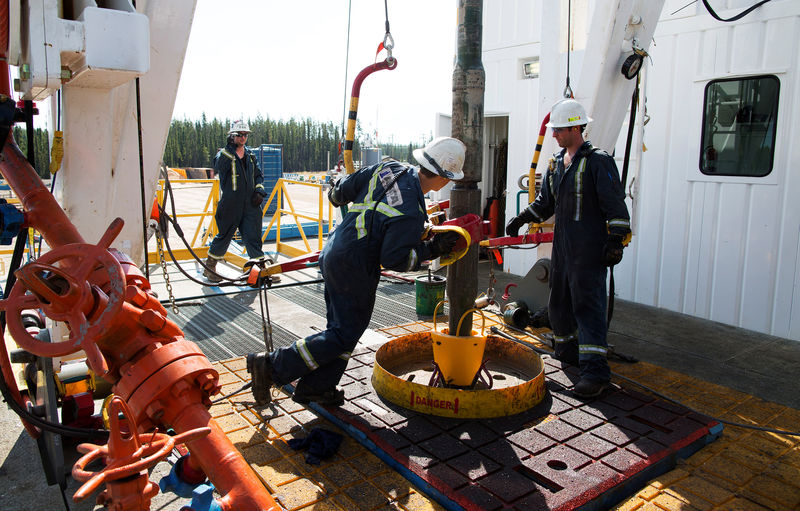Investing.com – According to Bernstein, global oil demand remains in the doldrums, creating a dilemma for OPEC given the looming crude supply glut next year.
According to the International Energy Agency’s latest estimates, demand has been reduced by 0.2 million barrels per day to 102.8 million barrels per day, implying growth of only 0.8 million barrels per day, Bernstein said.
This is accompanied by a growth in non-OPEC supply of 0.9 million bbs/day, which remains unchanged.
Chinese demand has been particularly weak and growth has been continuously revised downwards from 0.7 million barrels per day at the beginning of the year to the latest 0.1 million barrels per day.
How much more negative impact the demand has will depend on whether China will take stronger action with stimulus measures, although the signals remain somewhat unclear at this point.
“Heading into 2025, we remain concerned about the looming surplus of crude oil supply next year, which would reduce calls on OPEC by 0.9 million barrels per day,” Bernstein analysts said in an Oct. 16 note.
“OPEC’s dilemma is that they probably have to cut to support current prices. But with spare capacity already at a high level, this is far from what OPEC would want to do.”
More recently, OPEC members have discussed reversing the cuts, although this could be an attempt to maintain discipline among OPEC members, Bernstein said.
At this stage, an increase in OPEC production by the end of the year seems unlikely, but this is probably the biggest short-term concern for oil investors.
“While the setup on fundamentals does not look positive, geopolitics remains the main upside risk that cannot be completely ruled out given the geopolitical risks,” Bernstein added.
“With a share price of $70/bbl, we think Brent will trade in the $60/bbl-80/bbl range for now. Although Brent will average $80 a barrel in 2024, based on fundamentals, a value of $70 a barrel next year seems more likely, Bernstein said.
At 08:30 ET (12:30 GMT), the Brent contract was trading 0.1% higher at $74.29 per barrel.


